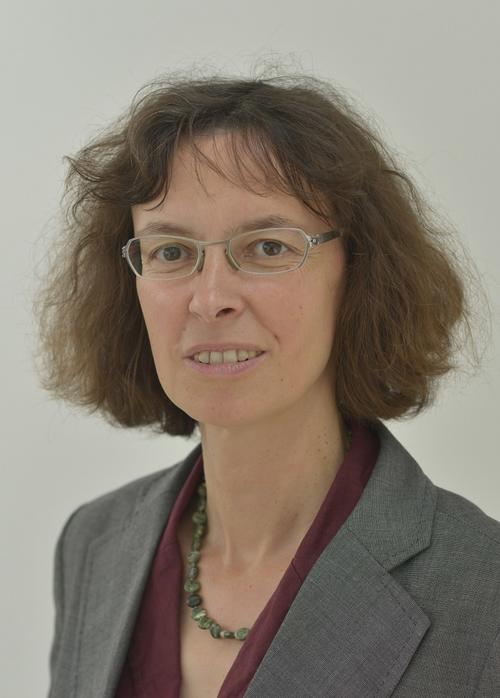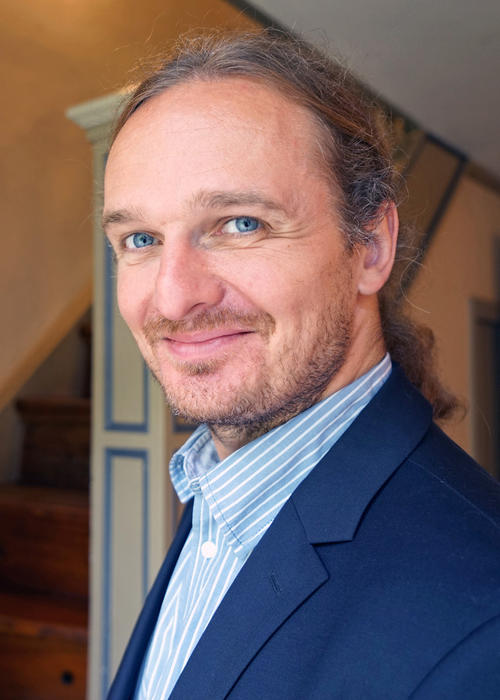Threat from the East? The Eurasian steppe region as a reservoir of conflict and motor of innovation
The pastoralist nomads of the Eurasian steppe, seen as "mounted warriors", are prototypical for the representation of a violent threat looming over the settled farming populations of Central Europe. This one-sided perception leaves almost no scope open for alternative interpretations of interactions and knowledge transfer between the societies, which are seen as having been organized along completely opposite lines. This view also marginalizes the social significance of women, to a large extent: women appear primarily in the role of the targets and victims of raids and not those of de-escalating parties, supporters or even perpetrators.
The project is developing a workshop entitled "Threat from the East? The Eurasian steppe region as a reservoir of conflict and motor of innovation" (Bedrohung aus dem Osten? Der eurasische Steppenraum als Konfliktreservoir und Innovationsmotor), to be held in the spring of 2024. The aim is a critical reappraisal of the narrative of a "clash of cultures" – a narrative that has been revived repeatedly in conjunction with the release of new natural-science findings and with particular political developments – as well as to inquire into non-violent forms of the exchange between these populations.
Aiming at a broad multidisciplinary view, the workshop will shed light on the diverse forms of interaction that took place between the steppe zone and the adjacent regions from the Copper Age to the Early Middle Ages, in the form of case studies presented by German and international researchers.
Portraits
Prof. Dr. Elke Kaiser studied Pre- and Protohistory, Slavic Studies and Anthropology and received her doctoral degree in Prehistoric Archaeology (2000). She went on to conduct research at the Institute of Archaeology of the National Academy of Science of Ukraine in Kyiv and at other institutions in Russia, the Republic of Moldova, Poland and elsewhere. She completed her Habilitation, on the 3rd millennium BC in the East European steppe, in 2013. Elke Kaiser led the junior research group within the A2 research group of the Cluster of Excellence Topoi. She has served as the Professor of Archaeology of West Eurasia at the FU Berlin since 2014.
Tobias Mörtz earned his doctoral degree with a thesis on Late Bronze Era weapon deposits in Northwestern Europe and has served since 2021 as an associate professor (Juniorprofessor) at the Institute for Pre- and Protohistory (Institut für Vor- und Frühgeschichtliche Archäologie) at the Universität Hamburg, where he supports, inter alia, the profile initiative "Violence and security in prehistoric and early modern times".


